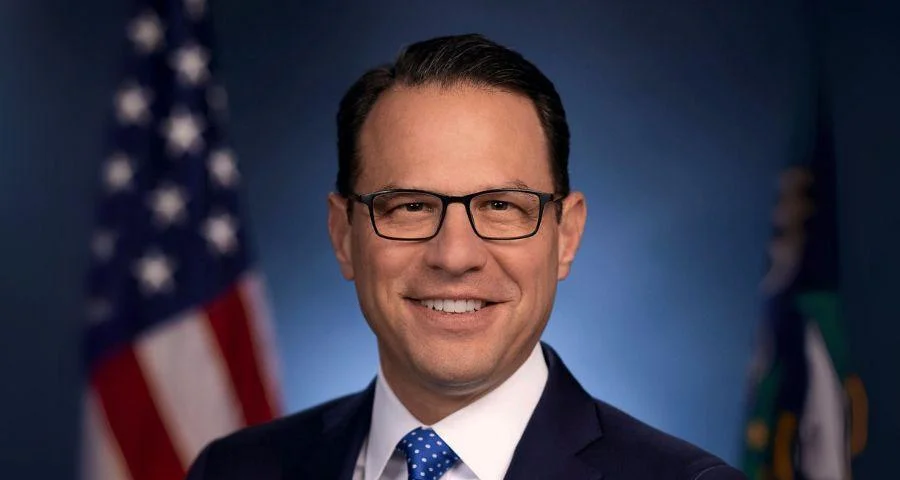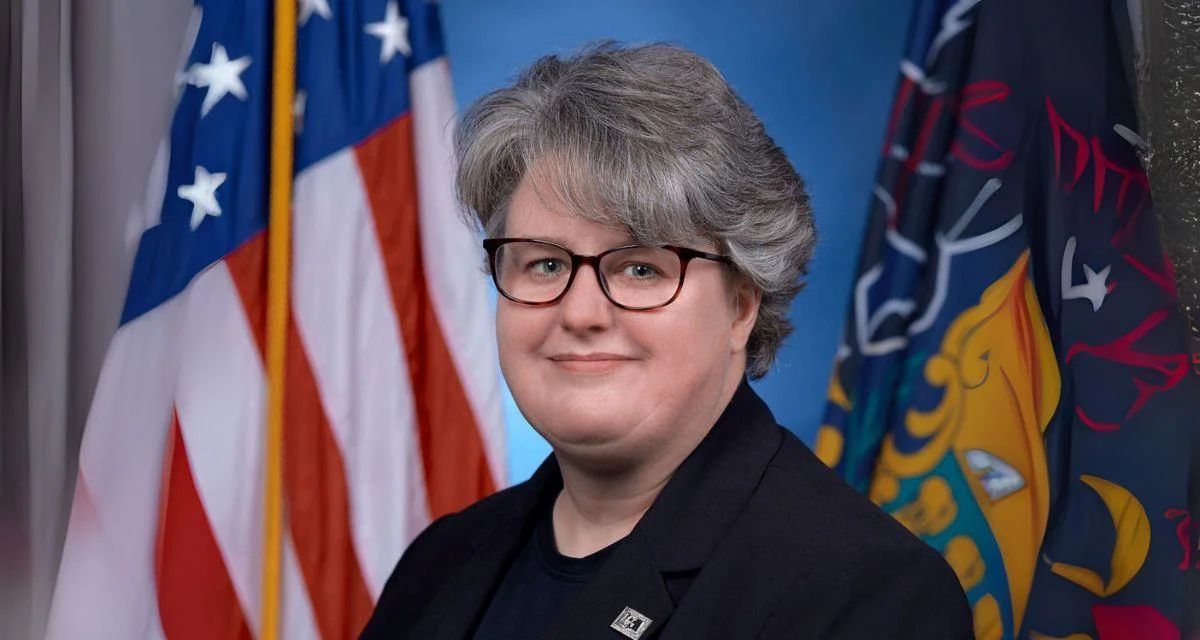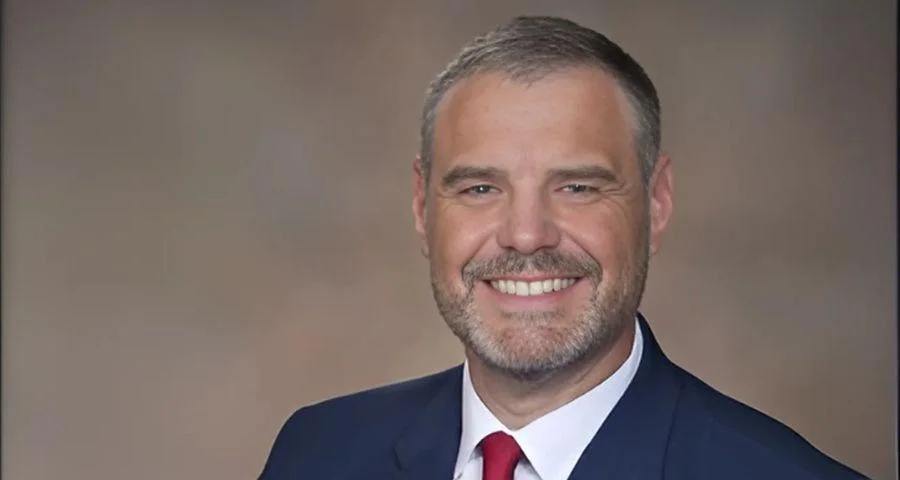
Commissioner of Education Angélica Infante-Green | Rhode Island Department of Elementary and Secondary Education
Rhode Island Commissioner of Elementary and Secondary Education Angélica Infante-Green has expressed concern over the U.S. Department of Education’s plan to transfer several key offices, including the Office of Elementary and Secondary Education, to other federal agencies. The move comes as part of ongoing actions by the Trump Administration that critics say could undermine the department’s role.
Commissioner Infante-Green stated: “I am deeply concerned by the Trump Administration’s abrupt decision to move essential offices, including the Office of Elementary and Secondary Education, without explanation, collaboration, or a clear plan. Beyond administering crucial funds such as Titles I, II, III, and IV-A, the office provides critical expertise, technical assistance, and day-to-day support that directly impact the lives of children, families, and educators.”
She added: “This decision is the latest in a long pattern of sudden, chaotic decisions at the federal level that have created widespread anxiety and confusion locally, undermining the stability our students and educators need to thrive.”
The commissioner also questioned how continuity would be maintained for funding streams and support services following this change. “Without a transparent timeline or clear details on how continuity of funds, technical assistance, and compliance oversight will be maintained, there is significant doubt that this transition will serve the best interests of children and schools. Beyond logistics, the federal government must recognize that lifelong educators approach student needs holistically, something fundamentally different from other agencies and other professions. These distinctions matter when shaping policy and delivering services,” she said.
Infante-Green further argued against splitting educational responsibilities among multiple agencies: “Teaching is a profession, one that requires deep expertise, preparation, and a coherent system of support. By parsing out core educational functions to multiple agencies with little understanding of how schools actually operate, we diminish the profession itself and compromise opportunities for students. Fragmenting responsibilities erodes the unified supports that educators rely on for literacy and math instruction, teacher preparation, multilingual learner services, special education, career and technical education, and language development. Instead of strengthening the teaching profession these decisions chip away at the very foundation needed for students to succeed.”
She concluded: “While we do not yet know the full extent of the impact this sudden shift will have our guiding principle must always be to do what benefits children not political posturing. I am deeply disturbed by shortsighted decisions that fail to empower states and instead create new challenges. These changes were made without meaningful input from educators who work every day to help kids succeed. I urge federal leaders to reconsider and above all prioritize students.”





 Alerts Sign-up
Alerts Sign-up